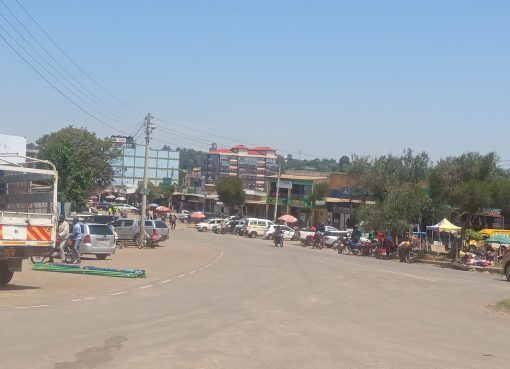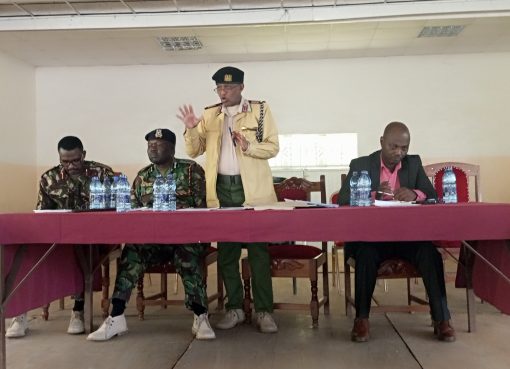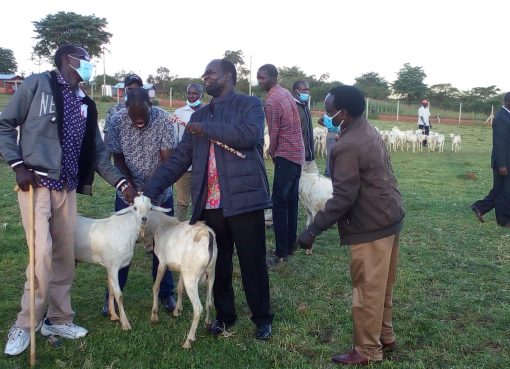Women and children are the most vulnerable to human trafficking in the country.
According to a research conducted by the national crime research center, women and children comprise 41 percent and 33 percent of those exploited in human trafficking and men comprise 33 percent of those trafficked.
According to the research, 44 percent are trafficked for labour exploitation and 53 percent for sexual exploitation.
Speaking during a two days workshop organized by the international organization for migration and department of children services in Lodwar on Tuesday, children officer Ruth Njuguna said human trafficking is the second most prevalent international crime after drugs due to its profits made by the cartels involved.
“The cartels involved are so powerful because they make a lot of money from these crimes. We need a multi agency approach to win this war,” she said.
Other top crimes are money laundering and sale of human parts.
Contemporary forms of human trafficking include debt bondage, exploitation of prostitution, radicalization and forced labour.
Human trafficking involves recruiting, harbouring, obtaining and transfer of human beings through force, fraud or coercion with a view to exploiting them sexually or for labour.
While the crime attracts hefty penalties of sh30 million fines or 30 years imprisonment many people involved go scot-free due to the influence of the cartels and low level of awareness.
Kenya has been described as a country of origin, transit and a destination for victims of human trafficking with 60.2 percent of those trafficked ending in other countries in search of jobs, and others escaping poverty.
Participants during the forum called on the International Organization for Migrants(IMO) to consider strengthening its Lodwar office because of prevalence of the vice due to the fact that Turkana County borders three countries; Uganda, South Sudan and Ethiopia.
A representative from IOM explained that the organization scaled down its operations in the county due to funding constraints.
By Peter Gitonga




